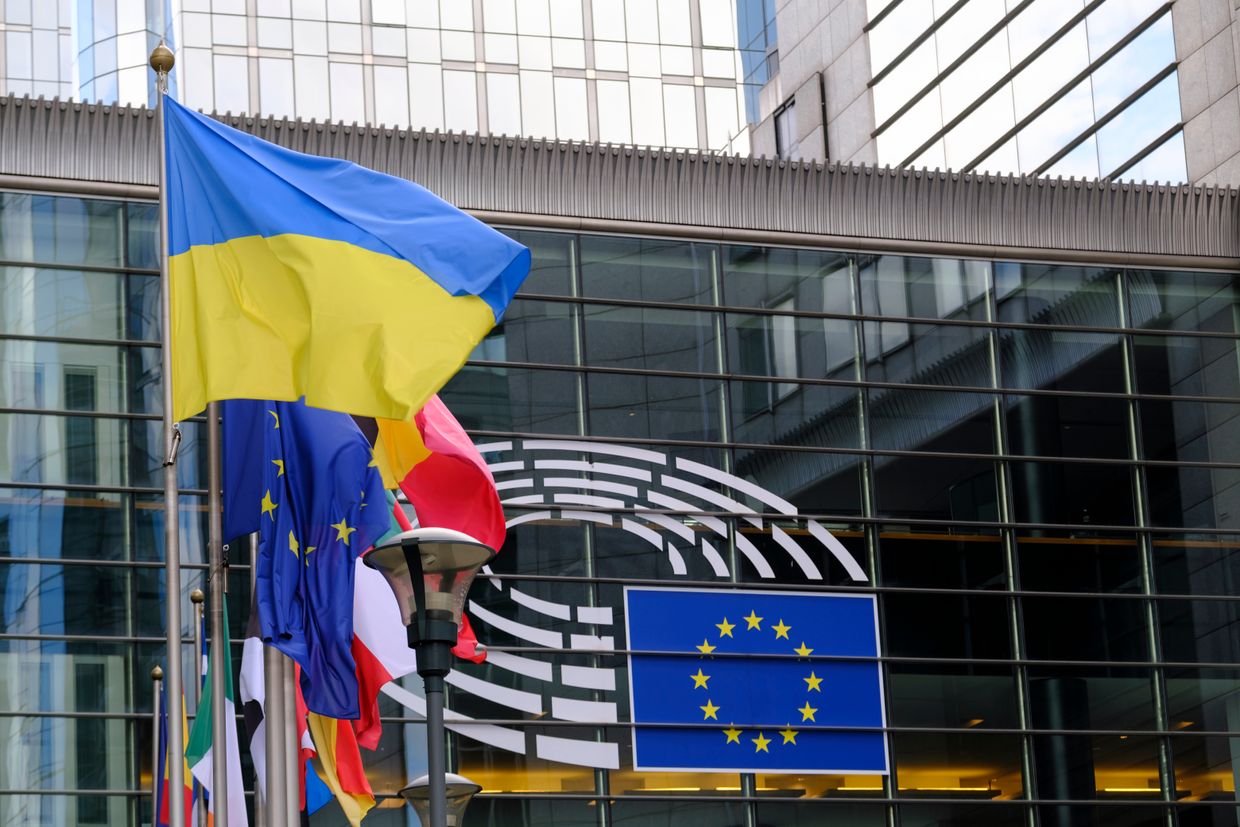Media: Orban's request to review Ukraine aid annually rejected

Hungary's request to review the EU's 50 billion ($54 billion) aid package for Ukraine on a yearly basis was rejected, the New York Times (NYT) and other outlets reported, citing sources.
All 27 leaders of EU member states agreed on the package on Feb. 1 after months of concern that Hungarian Prime Minister Viktor Orban would again block its passage as he had previously done.
Orban had sought concessions from the bloc to gain his support, including the ability to review the distribution of the funds on an annual basis. He has also tried to unblock EU funds allocated for Hungary that have been frozen due to concerns about the country's deteriorating rule of law.
Orban appears to have been unsuccessful in both of those goals.
The aid deal includes a provision for a yearly discussion on the package and the potential to review it in two years "if needed," but there is no explicit veto for Hungary or any other member state.
There was also only a "vague reference" about the EU's policy of freezing funds of member states that violate EU rules, stipulating it must be "proportionate," the NYT wrote.
If "Orban's demand for an annual veto for the Ukraine fund was a play to get access to more funding, it failed," the NYT added.
Orban commented on the passage of the aid package on Facebook, writing, "We fought it out! Hungarians' money cannot be given to Ukrainians. We aren’t taking part in the war, we aren’t sending weapons, and we will continue to be on the side of peace!"
It is unclear how such a mechanism would be implemented, as the funding package comes from the EU's general budget.













